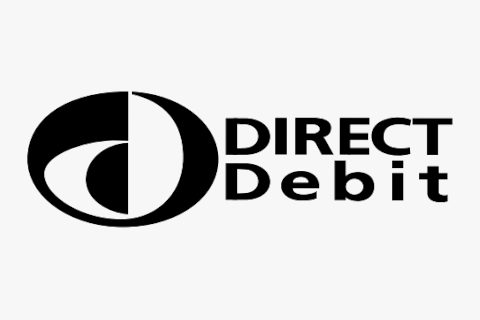PageRank is what Google uses to ascertain the importance of a website and thereby the order it appears in the search results. In a recent blog post Google announced they will be using a websites encryption level, also known as TLS or HTTPS as a ranking factor.
Given that 66.2% of the search engine market share belongs to Google, this is something anyone with a website should be taking action on.
In the blog post they state that for the time being the ranking signal for a sites encryption will carry less weight than high quality content while webmasters are given time to make this change.
Going forward Google will be accentuating attention to pages that have HTTPS encryption.
How does this benefit you?
Put in the easiest terms, SSL delivers encryption and shows it by adding a padlock to the first part of your web address. HTTPS is simply HTTP Secure, the security in this case coming from TLS or SSL. This is a network protocol that is implemented in every server and browser to provide confidentiality and security for HTTPS traffic through a series of handshake protocols to ascertain that the website you are accessing is legitimate.
For those of us who conduct ecommerce sales through a website, having this layer of security has the knock on effect of validating your credibility. This projection of credibility serves to protect user confidence leading to an increase of sales. Which is a smart way of saying if people trust you are who you say you are, it removes a doubt from their mind and encourages a sale. Potentially lots of sales. A recent survey by Salecycle established that 73.9% of online shopping carts are abandoned, a core reason for this the lack of trust a customer has for an eCommerce webste, particulary in the age of online fraud and identity theft. The lesson to be learned is inspiring trust will increases sales.
The larger sites of the world will funnel you through HTTPS, answering the question of credibility and trust before you have a chance to ask them. Such as getting an Extended Validation or EV certificate with a seal and green secured address bar to highlight this. In this respect customers will have no lingering concerns about the validity of the site, thus leading to fewer abandoned shopping carts and a boost in sales. See below for more information on an EV certificate.
A customer who trusts the site will stay on the site, interact with the site, behave loyally and do so in a way you can measure by seeing their progress through completed checkout processes.
How do you get secure?
The rule of thumb used to be that any site that has ecommerce or a log in section should have an SSL certificate. In the future every site should have an SSL certificate regardless of the sites purpose.
There are many types of SSL certificates and the old adage of “you get what you pay for” does ring true here. The payoff is an increase in site traffic and sales thanks to an increase in a customers trust.
When you boil it down there are 3 main types of certificate; domain validation, business validation and extended validation.
Domain validation - Small sites, personal or hobby sites that need basic encryption for things like logins or forums. These are issued in minutes.
Organisation validation - Small to medium business sites where encryption and security are important. These can be issued in days to allow for a check into the legitimacy of your business.
Extended validation - Medium to large businesses or small businesses where brand credibility is a factor. A must for any site who deal with a high volume of eCommerce transactions. These provide site seals and green validation address bars to give consumer confidence. These are issued in weeks, allowing for a thorough check on the legitimacy of your business and that you have trustworthy business practices.
Then there are the requirements of the particular website you are looking to secure.
Regular certificate - Securing just the single domain, i.e. just the http://www.example.com
Wildcard - secures everything that is the * in *.example.com. The * can be www.example.com or shop.example.com or customer.example.com.
We offer a huge selection of SSL certificates here where you are sure to find the right one for your requirements.
Securing a website is easy. A secure website instils trust. Trust leads to increased sales. Lets all help keep the web secure.




































